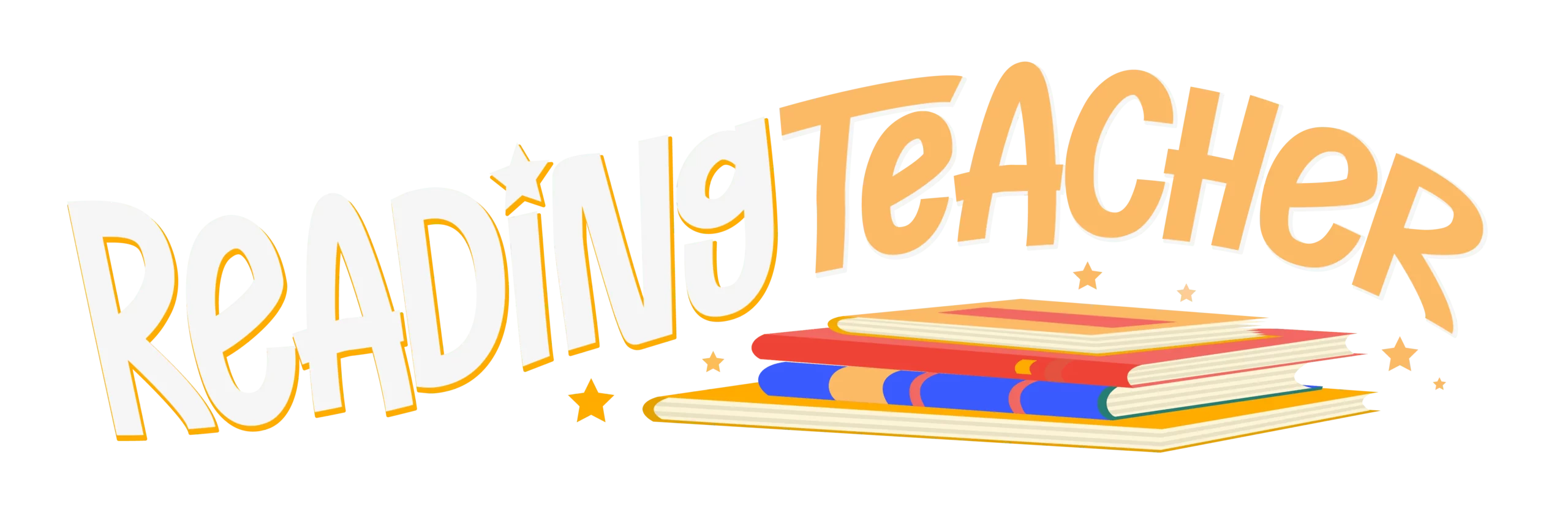Looking for a New Reading Program? 3 Red-Flag Catchwords for Parents & Educators to Understand & Avoid
While we know that foundational literacy skills such as phonics and spelling are best learned from explicit instruction, seasoned reading teachers can run into trouble when a reading program sprinkles “red-flag” catchwords amid mentions of phonemic awareness, lifelong reading, and other honorable goals. To make it easier for you, we’re unpacking 3 red-flag words for teachers and parents to identify and avoid, based on the wisdom of psychologists, cognitive scientists, and other experts on the science of reading.

1) Whole Language Methodology
Many popular reading programs describe their methodologies as "whole language": a widely debunked approach that encourages rote memorization and guessing words from images, among other pitfalls. Other programs use the related term “whole-class” to describe their curricula, which might convey images of students collaborating to achieve reading success: surely, any teacher’s dream. Although the vision behind whole language programs might be a noble one, the research depicts a different reality. Many of these programs minimize teacher involvement and encourage kids to memorize words, guess words from pictures, or simply skip words they can’t read. In an effort to move the whole class forward, many students - particularly those vulnerable to reading challenges, such as children of low socioeconomic status, children of color, and students with learning disabilities - are left behind.
2) Guided Reading
When used without explicit instruction in phonics and spelling, guided reading is another phrase that should raise the hairs of any reading teacher. Also called leveled reading, guided reading involves the separation of students into groups based on their reading levels and facilitating reading within these groups. While this practice continues in many classrooms, there is very little evidence that it actually works. At its core, guided reading minimizes teacher instruction while giving kids in lower reading groups a steady diet of less challenging texts, denying opportunities to stretch themselves - and expand their love for reading - by reading texts above their instructional levels with active teacher support.

3) Leveled Texts
Related to the concept of guided or leveled reading, teachers and parents are encouraged to steer clear of reading programs that emphasize leveled texts with no use of decodable readers. Although some leveled reading work is appropriate for reading texts independently, classroom reading teachers are advised to focus on decodable texts for early readers whose foundational skills are still developing. Decoding is a critical process that creates brain words: stored representations preserved in long-term memory and used for fluent reading and writing. Explicit lessons in decoding and spelling are brain-changers for literacy, writes educational psychologist J. Richard Gentry: he encourages teachers to “think of the third-grader who in one weekly spelling book lesson on single-syllable homophones can learn the meanings and spellings of sell, cell, sail, great, and grate and commit them to long-term memory.” This lesson increases the child’s brain words, which can be accessed for the rest of their life: the direct result of explicit instruction.

At Reading Teacher, we are heartened by a growing movement led by educators, cognitive scientists, psychologists, and parents to improve the “architecture” of both reading programs and the literate brain. We believe our step-by-step program is a meaningful part of this movement, and look forward to providing more tools and news to help you teach the science of reading in your classroom - so stay tuned!
Take-Aways:
- Popular reading programs use various buzzwords to describe their curricula: yet many of these programs are ineffective and even detrimental to students’ reading performance.
- As alternatives to whole-language methodology, guided reading, and leveled reading, cognitive scientists and educational psychologists recommend systematic and explicit instruction in both decoding and spelling for young readers.
- High-quality reading programs recognize the importance of long-term memory and utilize decodable readers and strong spelling instruction to develop the “architecture” of a literate brain.
Start Teaching Reading for Free Now!
Access Level 1’s four interactive stories and the accompanying supplemental resources to teach elementary students how to read. No credit card is needed. Join the 42,635 teachers and students using our reading program.
